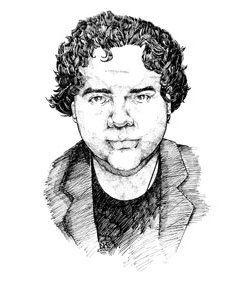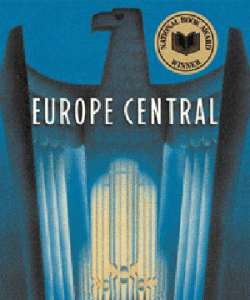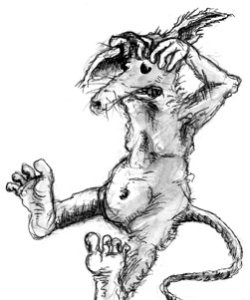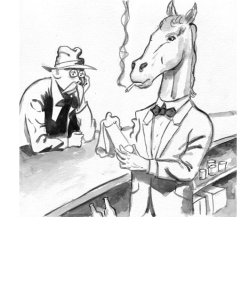Fear and Loathing on the Book Tour, Part 2: Postcard From New York City
Ah, springtime in New York City! That ineluctable smell! What is it, exactly? Curry and fish sauce, garbage, perfume, rotten eggs, fresh bread, urine, incense, stale tailpipe, shish kebab, body odor. (I am estimating.)













